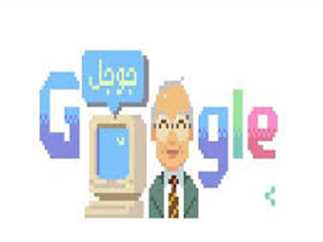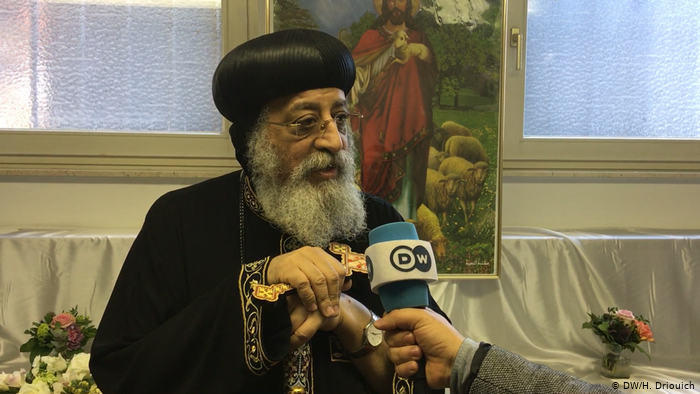In "Arabi Liblib," students of Egyptian colloquial can learn to express themselves with the swagger and savvy of someone born and raised on the side streets of Cairo.
“Your father is an onion and your mother is garlic, where do you think you get your sweet smell from, you idiot?” is one such linguistic gem of Egyptian Arabic on page 10. The much more vivid equivalent of the English saying, “The apple never falls far from the tree,” is explained by the authors, who say that the expression used to describe an unfortunate progeny who has inherited his parents’ bad traits.
The book is simply organized, with the sayings listed alphabetically according to the first letter of the first word in the sentence. When available, the equivalent English proverb is provided. When not, there is an explanation of the literal meaning in Egyptian Aamiya, written as a native speaker might explain situations in which the phrase is appropriate. The authors also specify whether the expression has a negative or positive connotation, giving both the literal meaning and the more metaphorical.
The volume is full of explanations of statements that might otherwise be incomprehensible to a non-native Arabic speaker, and is a good reference to usher a foreigner into the colorful world of Egyptian proverbs.
It is the second of a three-volume textbook series for the advanced colloquial Egyptian Arabic learner, and contains hundreds of platitudes, adages and clichés used to describe the trials and tribulations of everyday life. The first volume in the series concentrated on how to describe people. The next book, volume three, will focus on more idiomatic expressions.
The books are all light on homework exercises and drills, with just a few questions for students to complete in the suffix. They do, however, serve as a great starting point for classroom conversations about Egyptian Arabic and culture.
The authors, Kamal El Ekhnawy, a teacher of Egyptian Colloquial and Modern Standard Arabic at the American University of Cairo, and Jamal Ali, a lecturer of Arabic at Hunter College in New York City, collaborated to create a book of the most common expressions. Their intent, they say, is to provide a selection of sayings that will most enrich a student’s understanding.
“A knowledge of proverbs is an important element in the learner’s transition from the advanced to the superior level of language proficiency, as the speaker of Egyptian Arabic frequently uses proverbs in his or her daily speech, and will readily utter a proverb, or at the very least, allude to one,” they write in the introduction.
That said, the book is best accompanied by the guidance of a native speaker, who can point out the more offensive expressions. And some sayings are so obscure that a visitor might only hear them uttered by older customers in a coffee shop, or in a more rural setting than the capitol.
Eager learners should tread carefully, as some are vulgar expressions. These, if said in anything but the roughest society, might result in a swift slap on the neck.
The Egyptian approximate of “straight from the horse’s mouth” is “news brought straight from his mother’s breast.”
That sort of talk, the author explains in Egyptian Aamiya, is best kept among friends in a non-official context. But even the closest friends, particularly if the statement is uttered in mixed company, might not respond favorably to the sentiment.
However, the book’s mission and compilation is unique, and an honorable attempt at codifying Egyptian proverbs. That, and readers just might benefit from the pearls of wisdom in some of the proverbs.
Such as the expression,“Repetition teaches the donkey, just like it teaches the clever,” a lesson nearly every student of Arabic could stand to hear.




